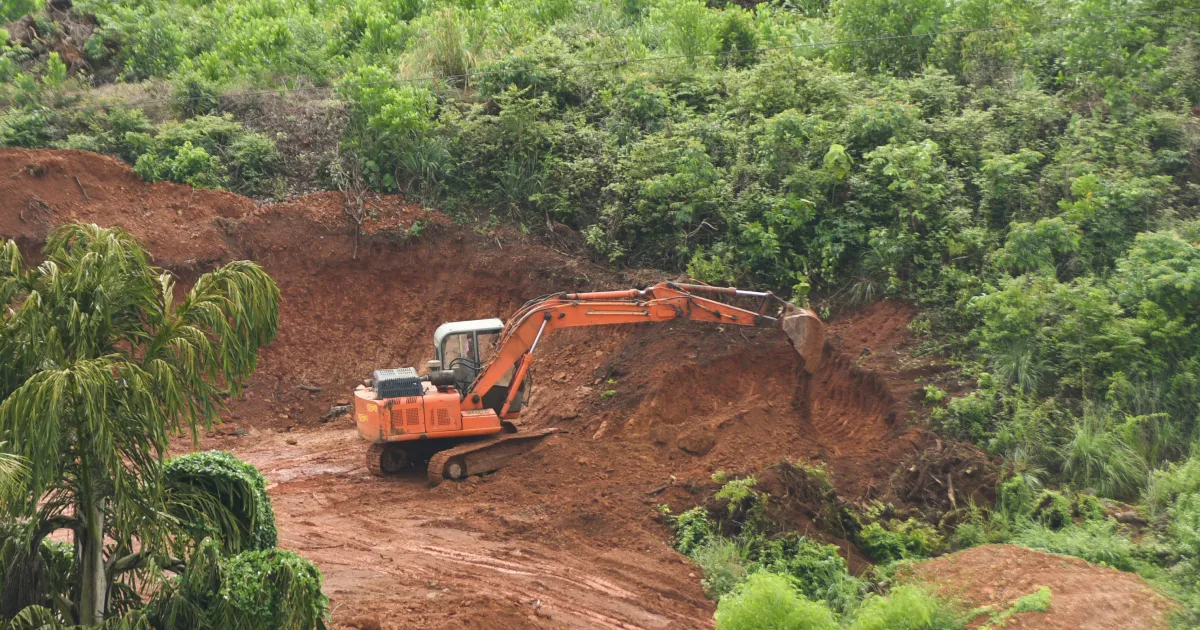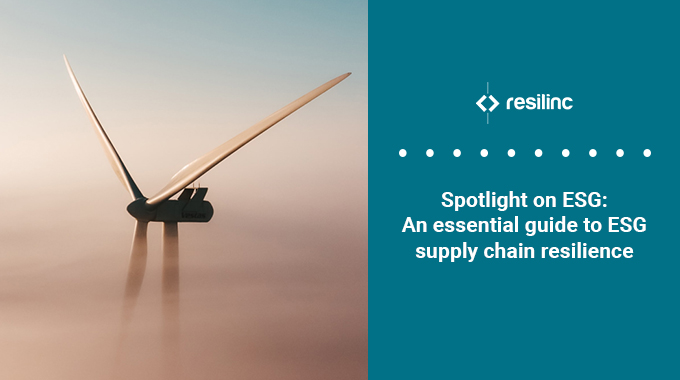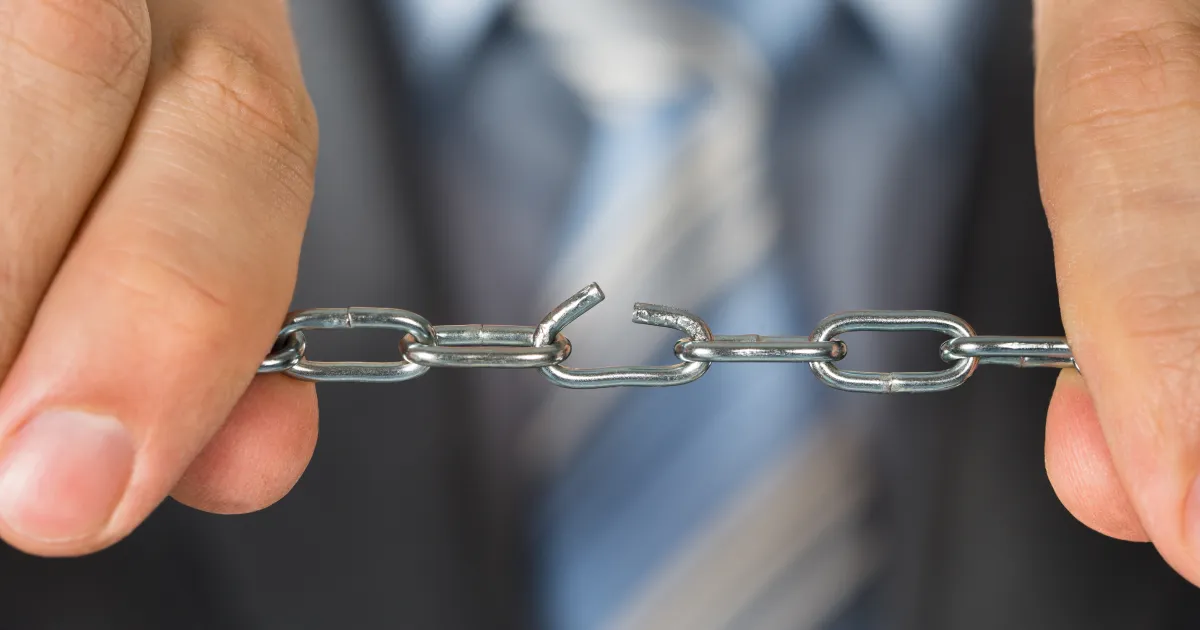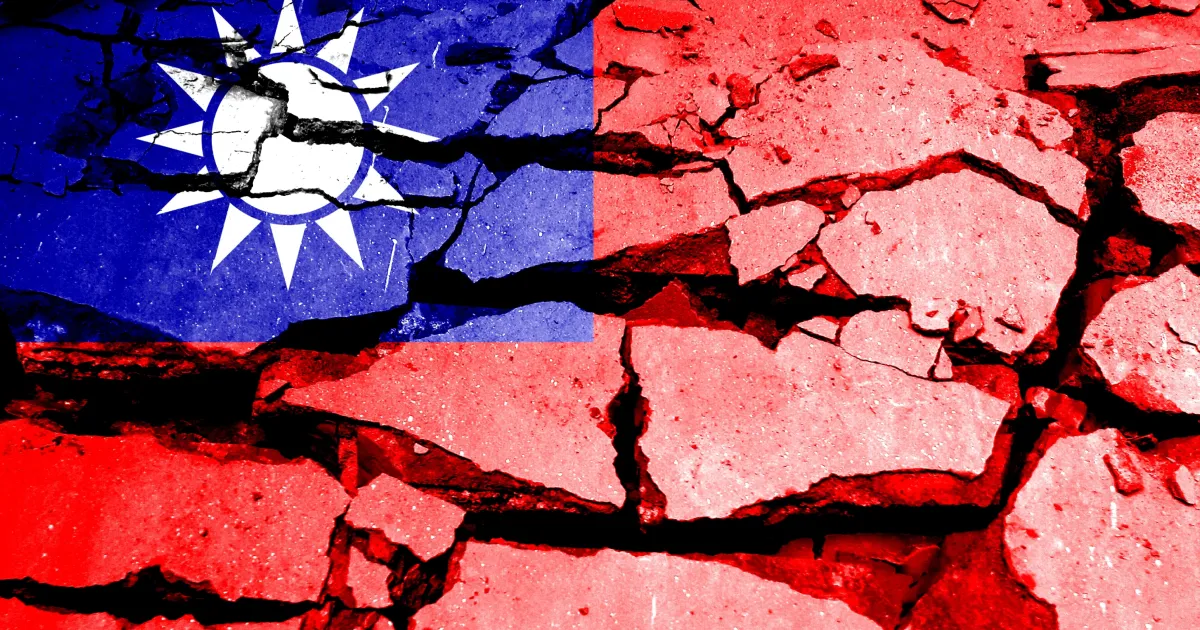The European Union has enacted a new regulation to ensure that products made through deforestation are not sold to EU citizens. The EU Deforestation Regulation (EUDR), adopted on June 29, 2023, will prevent companies from placing commodities linked with deforestation and forest degradation onto the EU market. It will also prevent companies from exporting those products outside of the EU.
This regulation targets seven commodities: soy, beef, palm oil, wood, cocoa, coffee, and rubber. Several products made from these commodities are also targeted, including leather, chocolate, tires, and furniture. In this blog, we’ll cover everything you need to know about The EU Deforestation Regulation, including how it could impact your supply chain.
Background of the EU Deforestation Regulation
The EU consumes many commodities that are produced using deforestation. In 2019, the European Union released a plan called the Commission Communication on Stepping up EU Action to Protect and Restore the World’s Forests, which outlines ways for the EU to limit deforestation. Several other initiatives have already been released to support the plan, including the European Green Deal, the EU Biodiversity Strategy for 2030, and the Farm to Fork Strategy. The EU Deforestation Regulation is the latest regulation related to this plan.
The EUDR has three major goals. The first goal is to avoid selling products linked to deforestation in the EU and globally. Next, by promoting the consumption of deforestation-free products and reducing the EU’s impact on global forests, the EUDR is intended to bring down greenhouse gas emissions resulting from deforestation. Every year, the EUDR will aim to reduce carbon emissions by at least 32 million metric tons. Finally, this regulation seeks to limit the agricultural expansion of these products (such as soy, palm oil, and coffee) to assist in the fight against global biodiversity loss.
How Will the EUDR Impact Businesses: 3 Step Due-Diligence
Companies must now prove that their commodities and products are not tied to deforestation. Specifically, the regulation states that 1) products must not originate from recently deforested land; and 2) cannot have contributed to forest degradation. From June 29, 2023, operators and traders will have 18 months to prepare and abide by these new regulations. After the grace period, there are three steps for performing due diligence businesses that wish to sell these commodities and products must follow.
First, businesses must collect information on the commodity or product they want to sell, including the quantity, supplier, country of production, and evidence of legal harvest. Businesses will have to collect geographic coordinates of the plots of land where the commodities are produced. According to the EUDR FAQ, “The geolocation coordinates need to be provided in the due diligence statements that operators are required to submit to the Information System ahead of the placing on the Union market or the export of the products.” Before products can be placed on the market, businesses must submit a due diligence statement with traceability coordinates.
The second step is companies must perform a risk assessment of the information found in step one. This risk assessment will “verify and evaluate the risk of non-compliant products entering the supply chain” (more on that in a moment).
And the final third step is that businesses must attempt to mitigate any risks identified in step two and document the steps taken. For more information, please read the EUDR FAQ.
What are the penalties and fines for the EUDR?
Companies that do not comply with these steps may face fines that correlate to the amount of environmental damage and the value of the items. With each infraction, fines will gradually increase, with the maximum fine being at least 4% of Union turnover in the preceding year.
When a violation occurs, EU member states will notify the Commissions of Judgements. The Commission will then publish a list of the infringements to ensure accountability. This list will also include the name, date, nature, and the amount of penalty imposed.
Products and revenues gained from non-compliant products may be confiscated. For serious, repeated infringements, companies may be barred from public procurement and access to public funding. Companies may also be temporarily prohibited from selling products in or exporting products from the EU market.
Resilinc Recommendations
Companies now have less than 18 months to prepare for the EU Deforestation Regulation to take effect. During this time, companies that manufacture products, including or related to soy, beef, palm oil, wood, cocoa, coffee, rubber, leather, chocolate, tires, and furniture, should start preparing playbooks and risk assessments to follow the three-step due diligence method outlined by the EUDR.
Next, these companies should thoroughly investigate suppliers and sub-tier suppliers. Companies can gain crucial sub-tier visibility using Resilinc’s Multi-Tier Mapping solution. Our comprehensive supply chain mapping solution is powered by 12 years of supplier-validated data, which includes 800K suppliers, 1M validated sites, over 4M validated parts, and 100K commodities across 20 industries.
Start preparing now. Learn how Resilinc’s Multi-Tier Mapping can help. Don’t wait until it’s too late—take advantage of this time before the EUDR takes effect and make sure your supply chain is prepared.





